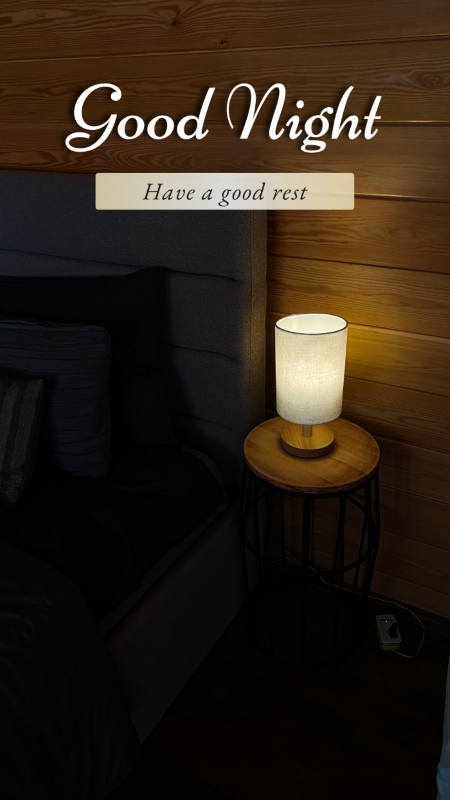Do you often find yourself tossing and turning in bed, eyes wide open, unable to sleep? Don’t worry, this article will reveal some simple yet effective tips to help you reduce pre-sleep stress and make every night a restful experience.
The Common Enemy of Insomnia:
The Curse of Modern Life In this fast-paced era, insomnia seems to have become a common worry. Many people unconsciously say, "I can't sleep well." This isn't just a phrase but a part of many people's daily lives. So, why do we lose the instinct to sleep? Let's ponder two questions:
A. Why do humans have the instinct to sleep?
B. What is the true meaning of sleep?
There was a time when I felt overwhelmed by work, house chores, and unexpected events. I thought I could handle everything in an orderly manner, but little did I know that the mental and physical burden had far surpassed my capacity. Eventually, I had to face the reality of "staying awake until dawn" and decided to seek professional help. The common enemy of insomnia: The curse of modern life (Image/Source: Adult Community).
The common enemy of insomnia: The curse of modern life (Image/Source: Adult Community).
The Importance of Self-Observation
In my collaboration with a mind-body specialist, I discovered that when I began to observe the sources of stress clearly, the symptoms of acute insomnia gradually disappeared. This made me realize how crucial mind-body coordination is. To solve the problem, we must honestly face our situation rather than use various methods to cover it up.
The Cause of Sleeplessness: Simplify Your Night
Many people think about how to fall asleep before bed, but this mindset often backfires. Try asking yourself:
A. What exactly am I doing before bed?
B. Are there unnecessary tasks keeping me from relaxing?
We often overcomplicate things and set overly high goals but hesitate to try again when things don't work out. Sometimes, letting go of all the thoughts and keeping things simple helps you fall asleep faster. Fragrance and soft lighting, create your bedtime ritual (Image/Source: Canva).
Fragrance and soft lighting, create your bedtime ritual (Image/Source: Canva).
Four Practical Tips to Calm Your Mind Before Sleep
I. Set a Work Cut-Off Time Set a fixed time every day after which you no longer check any work-related messages, allowing yourself to completely relax.
II. Create Time for Solitude Set aside time for yourself, temporarily disconnecting from the outside world and enjoying a moment of peace.
III. Do Simple Tasks In the 30 minutes to an hour before bed, choose to do something light and non-demanding, such as folding clothes or washing dishes, to calm your mind.
IV. Establish a Personal Bedtime Ritual Create a personal bedtime ritual through bathing, massage, deep breathing, or even using aromatherapy and soft lighting to put your mind and body in a relaxed state.







